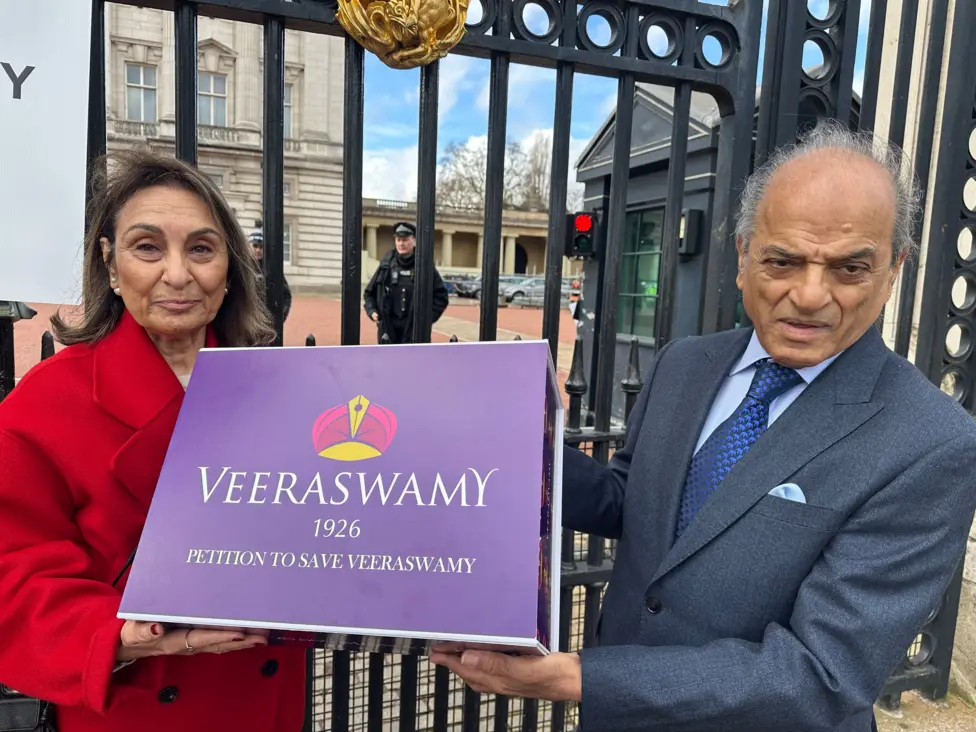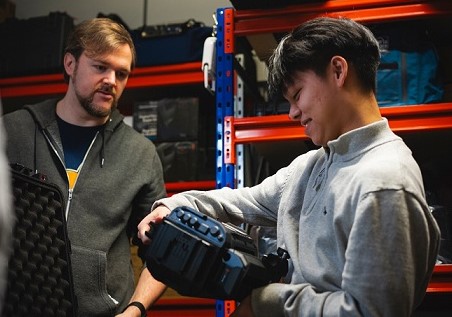New research from Charter Savings Bank reveals that those in their 30s are the savviest savers, setting aside 58% of their disposable monthly income each month – 16 percentage points more than the national average of 42%.
The average monthly disposable income for a 30-something is £486 (after paying bills), and the amount saved each month is £280. They have a higher disposable income on average than the UK as a whole which comes in at £452.
But their disciplined approach to saving means they save nearly 50% more than the national average of £191 a month.
Charter Savings Bank’s study found big differences in the disposable income of men, at nearly £600, compared with women at just over £300, with women saving £134 a month compared with men saving £252.
The research found 11% of adults have never opened a savings account - the equivalent of around 5.7 million people. The number of non-savers rises to 20% among those in their 20s.
UK adults can perhaps be a bit more disciplined - just a tenth (10%) save a set amount of money each month which they don’t touch.
The average size of a savings pot in the UK is £23,629. Those in their 70s have the most, at £44,542, while those in their 20s have just £5,440. There is a big gender savings gap with men having £12,000 more in savings than women at £29,549 compared to £17,611.
The main reason to save for all age groups is having cash for an emergency – but this becomes more important with age, with 63% of people in their 70s saving for a rainy day compared to 44% of people in their 30s. It’s not all about worries though - holidays are the second key factor for saving for people in their 40s, 60s and 70s. Long term financial security is the second most important factor for people in their 20s, while 30-somethings want short term financial security.
Paul Whitlock, Director of Savings, Charter Savings Bank, said: “It’s interesting to see that, no matter what age we are, a potential emergency is our primary motivator for setting money aside. Beyond that, everyone will have different priorities for how much they can afford to save and what they are saving for, depending on what stage of life they’re at.
“The important thing is to try and save as much as you can afford to, from as early an age as possible, and seek out the best rates possible. It may not seem worth putting a small sum away each month, but it’s a brilliant habit to get into, plus that money soon grows.”
















